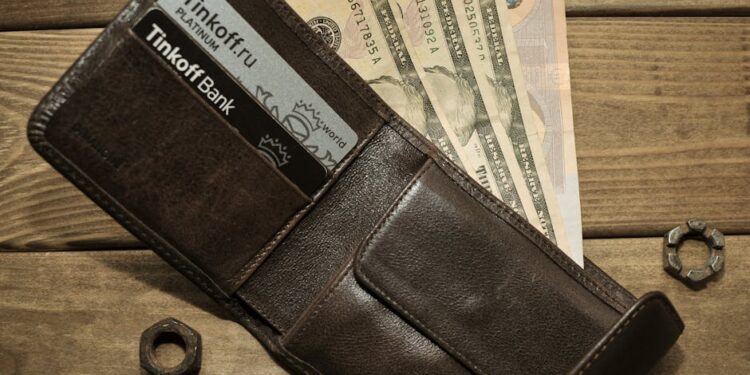Building Financial Security: Emergency Fund or Paying Off Debt?
When it comes to financial planning, two of the primary concerns for many individuals revolve around building an adequate emergency fund and paying off existing debt. Both are crucial steps towards achieving financial security, but the balance and priority between the two can often become a complex decision. This article delves into the nuanced debate of whether to focus on creating an emergency fund or to concentrate on paying off debts first, providing valuable insights to guide you in making wise financial decisions.
Understanding the Importance of Financial Security
Financial security involves having enough savings, investments, and cash on hand to afford your lifestyle standards while being prepared for unexpected financial demands. Achieving financial security requires an effective strategy that takes into consideration debt management, savings, and emergency preparedness. This not only promotes peace of mind but also ensures long-term financial health.
What is an Emergency Fund?
An emergency fund is a crucial component of personal financial planning. It is essentially a pool of money that has been set aside to cover unexpected expenses such as medical emergencies, urgent car repairs, or sudden job loss. Financial experts typically recommend having at least three to six months’ worth of living expenses stashed away in an easily accessible account. This fund acts as a financial buffer that can save you from taking on additional debt in times of crisis.
The Financial Burden of Debt
Carrying debt, especially high-interest debt like credit card balances, can significantly hinder your financial growth. The longer you stay in debt, the more you will spend on interest payments, consuming funds that could otherwise be used to build your savings or invest. Therefore, paying off debt is a critical step towards financial liberation and stability.
Emergency Fund First: When Does it Make Sense?
Opting to build an emergency fund before focusing on debt repayment might be the right choice if you do not have any financial safety net. Here are a few scenarios where prioritizing an emergency fund makes sense:
- High Job Insecurity: If your job situation is unstable or you’re in a high-risk industry, having an emergency fund can provide essential financial stability if you suddenly lose your income.
- Lack of Family Support: Those with limited family or financial support networks may find it beneficial to prioritize an emergency stash to cover unforeseen circumstances.
- Medical Considerations: Individuals with chronic health issues might prioritize an emergency fund to cover unanticipated medical costs that are not covered by insurance.
Paying Off Debt: When Should It Be a Priority?
In many situations, paying down debt should take precedence, particularly if the debt incurs high interest. Below are contexts where paying off debt might be preferable:
- High-Interest Debt: Debt with high interest rates, such as credit card debt, quickly compounds, making it expensive. Prioritizing these debts can save you more money in the long run.
- Emotional Distress: For some, debt causes significant mental stress. In such cases, paying down debt can relieve psychological burden and improve overall well-being.
- Imminent Retirement: If retirement is on the horizon, it may be wise to reduce debts to lower living expenses and stretch retirement savings further.
Striking a Balance: A Hybrid Approach
Of course, choosing between building an emergency fund and paying off debt isn’t always a clear-cut decision. A balanced or hybrid approach might be appropriate for many individuals. This would typically involve setting aside a modest emergency fund — perhaps one month’s expenses — before aggressively paying down high-interest debts. Once the high-cost debts are controlled or eliminated, you can redirect your financial efforts toward fully funding your emergency reserve.
Tips for Managing Both
Here are some strategies that can help you effectively balance both goals:
- Automated Savings: Set up automatic transfers to your savings account right after payday to build your emergency fund without having to think about it.
- Debt Snowball or Avalanche Methods: These are popular methods for debt repayment. The snowball method involves paying off smaller debts first, while the avalanche method focuses on debts with the highest interest rates.
- Budget Review: Regularly reviewing your budget can help you find extra money to allocate towards your debt repayment and savings goals.
Conclusion
Ultimately, the decision between building an emergency fund and paying off debt depends on your unique financial situation and personal preferences. Assessing your financial risks and opportunities will guide you in making a decision that aligns with your long-term financial goals. In any case, crafting a plan that incorporates elements of both strategies will likely offer the most robust path towards financial security.
Remember, the journey to financial independence is progressive and requires continual reevaluation to take into account changing life circumstances and financial landscapes. Taking proactive steps, regardless of the focus, moves you closer to a secure financial future.

























































